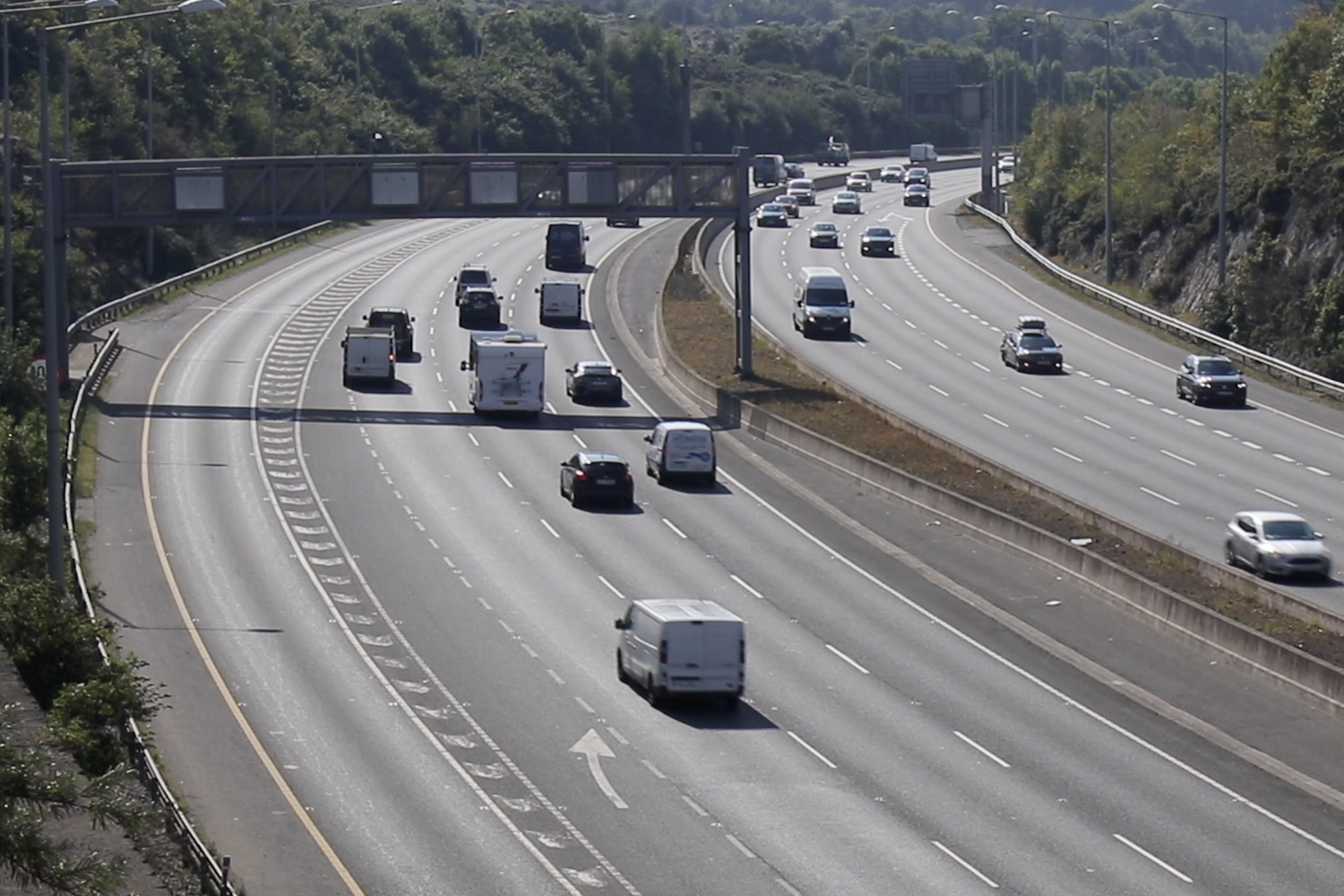Irish drivers are preparing for toll increases from next month as prices on the M50 and other major motorways are set to rise.
The increases come as a six-month postponement of the roll-out comes to an end, with the new prices being officially implemented on July 1.
The new prices were initially set to take effect from January 1, but division in the government over rising inflation and the cost-of-living crisis saw the changes being deferred.
The then-Tánaiste Leo Varadkar criticised the planned increases. "Just because the maximum toll is set at a certain rate doesn't mean it has to be imposed," he said at a press conference last year.
Price hikes
Announcing the increase in tolls, Transport Infrastructure Ireland (TII) pointed out that there has been no increase in costs for the average motorist for 10 years.
On July 1, tolls on the state-owned M50 motorway around Dublin will rise by nine per cent. Those with a windscreen-mounted tag will see their toll increase from €2.10 to €2.30 from the beginning of next month.
Meanwhile, costs for motorists who register their number plates and pay via video camera detection will rise from €2.70 to €2.90, with pay-as-you-go costs for unregistered users increasing from €3.20 to €3.50.
The new prices also affect the M1, M7, M8, N6, N25 and N18 - drivers using those roads can expect tolls to rise from €2.00 to €2.10.
Motorists on the M4 will have to pay €3.20, a 20c increase from before, while the toll on the M3 will climb from €1.50 to €1.60.
The new prices encompass all vehicle types on today's roads - and of Ireland's major toll roads, only the prices for the Dublin Port Tunnel will not be affected.
The PPPs' role
The majority of Ireland's tolls are operated by PPPs (public-private partnerships), some in tandem with Transport Infrastructure Ireland, while others are owned in full by the State.
The maximum toll increase that can be implemented is set by the rate of inflation - a key factor in the decision to increase toll rates nationwide.
The maximum increase does not affect state-owned tolls, however - a key example being the M50, though the PPP-operated tolls are allowed to increase prices through a special agreement with the State.
The toll operators' revenues were hurt significantly by public health measures implemented to fight COVID-19. In particular, the operator of the Waterford bypass toll was forced into accepting a debt-for-equity agreement in 2021 after the toll could not meet its loan repayments.
The decision to defer the planned increases last November cost the State €12.5 million - money that TII and the privately-owned toll operators lost due to the delay.
At the time, politicians across the Dáil reacted unfavourably to the maximum increases, with the leader of Aontú, Peadar Toibín, describing the increases as "an absolute disgrace".
"People are now paying extra tolls for the joy of sitting in traffic for three hours," he said in the Dáil.

